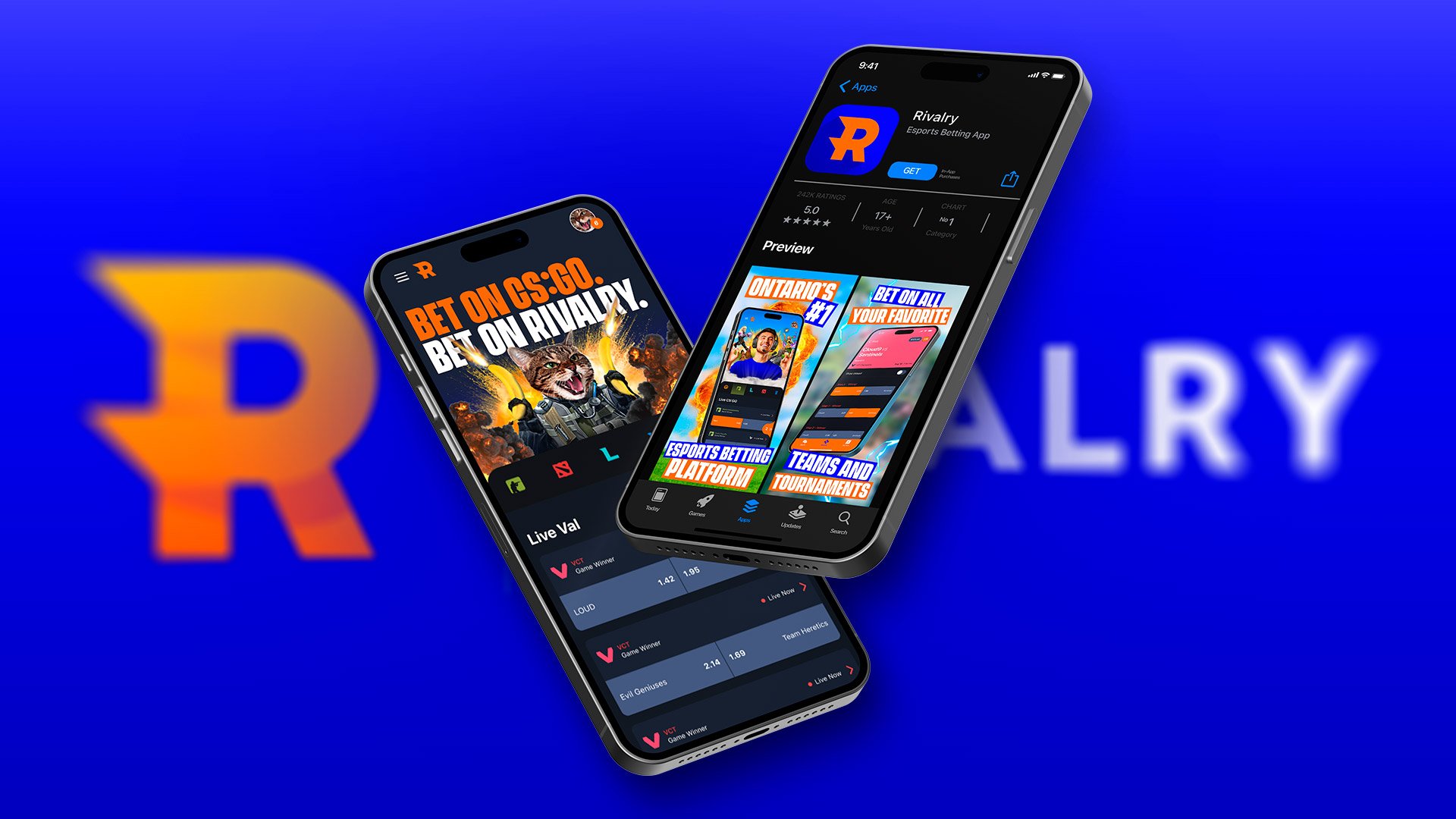The future of ID verification for online casinos

Vadim Potapenko's professional career in gambling began more than 7 years ago. He started as an expert in traffic growth for world poker rooms, and now he is Head of the Sales Department at Slotegrator. Potapenko's portfolio includes a number of projects, and his area of expertise is working in markets such as the CIS, Georgia, Europe, and Africa.
Identity verification is a necessary step for new players when signing up for an online casino account. Manually checking documents can take time and drive players away, but technological advances are streamlining the process — and new forms of ID could make it even faster.
Before a new player can bet on a match or take a spin on a slot machine, they usually have to prove that they are who they say they are. Regulators in every jurisdiction impose identity verification requirements for a number of reasons, but while compliance protects the casinos as much as it protects vulnerable players, it can also add some friction to the onboarding process.
Whether your online gambling platform specializes in casino games, sports betting, live dealers, or virtual sports, you should familiarize yourself with the ins and outs of identity verification — as well as its future.
Why do casinos have to verify ID?
Regulators mandate that online casinos implement know your customer (KYC) measures to verify players’ identities in order to prevent underage gambling, problem gambling, money laundering, and fraud.
Age verification
Casinos verify ID to ensure they’re not allowing underage gambling. In most countries, the age requirement for gambling participation is 18. Underage gamblers usually try to open an account by using one of their parents’ identities or a counterfeit ID, making stringent KYC essential.
Problem gambling
Problem gambling is a serious concern for authorities in fully regulated markets.
Some countries have nationwide problem gambling organizations to help players who are worried that their playing habits are becoming an issue. In the UK, for example, GamStop lets players exclude themselves if they fear they’re developing a problem. Players register for the program for a certain period of time, and during that time, they are unable to access any casinos based in the UK.
Not only is it a point of social responsibility that casinos verify ID to prevent self-excluded players from visiting their platforms, but they can also be subject to heavy fines if they are found to have been negligent — and those fines can be staggeringly high. In April 2020, the United Kingdom Gambling Commission fined Caesars Entertainment £13 million (roughly $16 million at the time) for consistent negligence regarding problem gambling and anti-money laundering failures.
Anti-Money Laundering
Money laundering is another major cause of concern for gambling regulators.
Links to criminal activity, both real and perceived, harm both the gambling industry and the societies it’s a part of. The well-documented history of criminal organizations using gambling as a means to launder money has even prompted some governments to ban the gambling industry outright. In the modern era, many governments have also shifted to focus on the financing of terrorist organizations.
Fraud and other crimes
In addition to protecting players and adhering to licensing requirements, KYC measures also protect the casino.
Unfortunately, there are a few routes that malicious actors can take if they want to defraud a casino. It’s all too common for players to try to open multiple accounts in order to claim sign-up and no-deposit bonuses and then disappear into the ether.
Safety first: Slotegrator’s guide to iGaming cybersecurity
But one-off fraud cases cause no real threat to the casino’s bottom line; the broader, systemic problem is individuals or organizations that develop strategies to abuse welcome bonuses again and again with multiple identities. By employing hundreds of false identities, dozens of laptops, and IP address-masking VPNs, it’s possible to exploit casino bonuses to the tune of hundreds of thousands of dollars. Effective ID verification can minimize casinos’ risk of being exploited.
Examples of KYC requirements
Every jurisdiction has its own KYC requirements, and some are stricter than others.
The United Kingdom Gambling Commission (UKGC) usually sets the standard by which all other regulators eventually follow. The UKGC’s licensing conditions state that online casinos must ask for proof of ID immediately, and the player’s identity must be verified before he or she can deposit or play. Necessary information includes name, address, and date of birth.
Operators are legally prohibited from asking for additional identification documents when players want to withdraw funds. In the past, players were allowed immediate access, casinos had a period of time in which to verify ID, and the KYC checks had to be complete before the player could withdraw their winnings.
Some of these measures were adopted due to a trend among online casinos to only request additional ID documents when the player was ready to make a withdrawal, leading to many player complaints.
Problems with KYC
While KYC measures are important, there are a few downsides for online casino operators.
ID verification processes can be time-consuming. If the casino is equipped to do the verification process digitally, it can be completed almost instantly. However, without a digital solution, the verification process can take weeks. It’s common for online casinos to have entire compliance teams in place to process players’ documents. In order to speed up the process and add an extra level of security, some casinos request players to send a selfie with either their ID or payment card to confirm their identity or payment method.
As mentioned earlier, KYC failures are the source of some of the biggest fines in the iGaming industry. But in addition to costing brands millions, sustained problems with KYC measures can cause them to have their licenses suspended or revoked.
Another problem is player patience. The onboarding experience is already a hurdle — though effective frontend design can lower the bar that players have to jump — and in a world of instant gratification, every test of a player’s patience carries the risk of diverting it elsewhere. Tedious sign-up forms can drive players to platforms that have found a way to minimize the interval between sign-up and spin.
What’s the future of KYC?
Continuing advances in technology and even government initiatives are shaping the future of ID verification for KYC requirements.
Some platforms use products that employ AI and biometric data to accelerate the ID verification process. Using facial recognition technology, AI can instantly compare a player’s selfie to their ID and reveal if they’re a match or not.
But in Europe, a big change on the horizon could even make this technology obsolete.
Strong customer authentication (SCA) is already trending in the financial services and e-commerce sectors, and the growing importance of ironclad ID verification has led to calls for a digital solution.
In June 2021, the European Commission announced a plan to create a continent-wide eID that would enable European citizens to share electronic documents. While the digital ID is aimed at smoothing all kinds of financial transitions, the European Gaming and Betting Association noted several obvious benefits for the iGaming industry. The introduction of the eID could reduce or even eliminate the costs of identity verification software.
Slotegrator offers business and jurisdictional consultations for the worldwide iGaming industry. Contact us to learn more about what it takes to run your own online casino or sportsbook, from the best jurisdiction for your resources and goals to how to reach your target audience.



















































